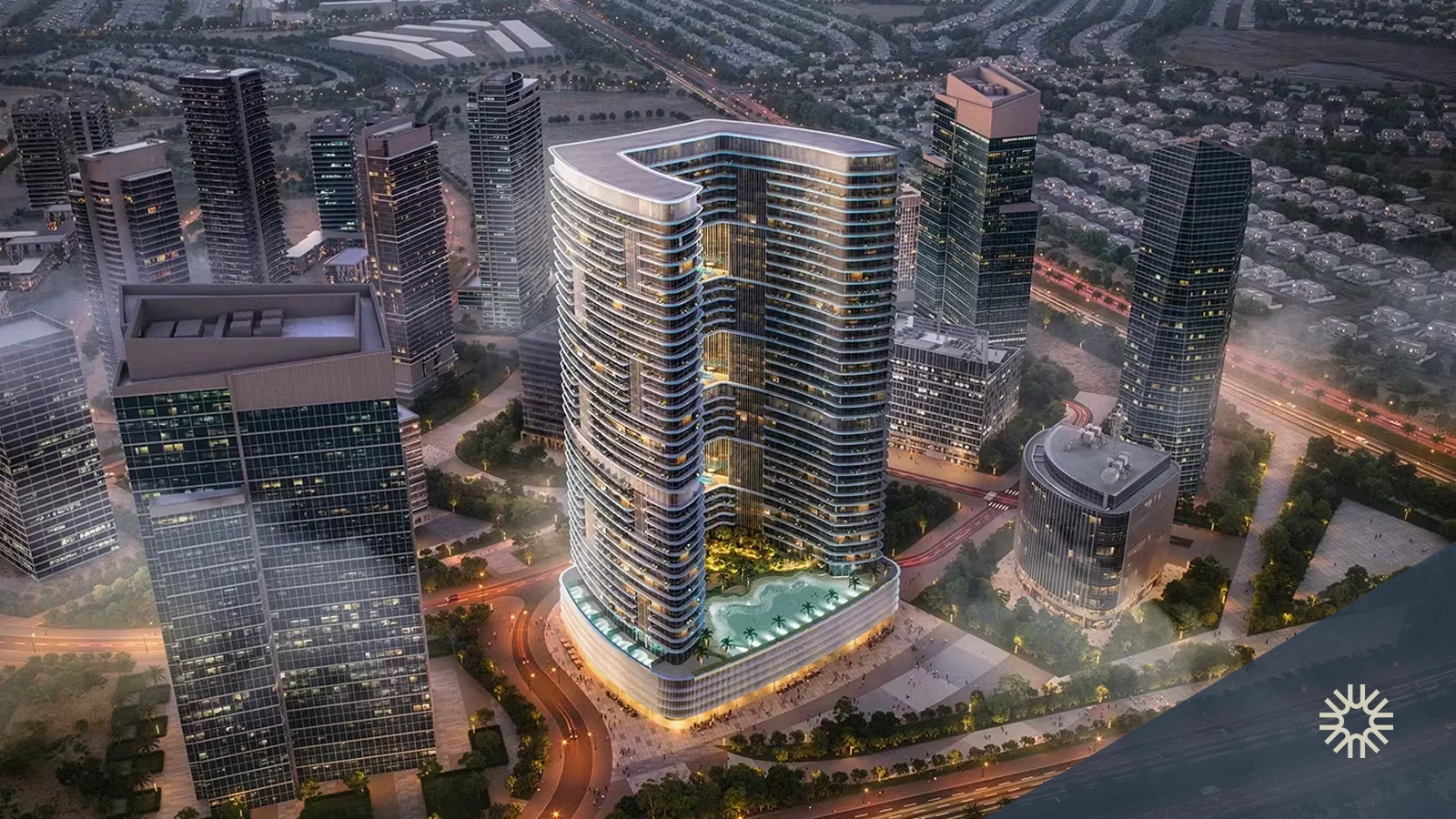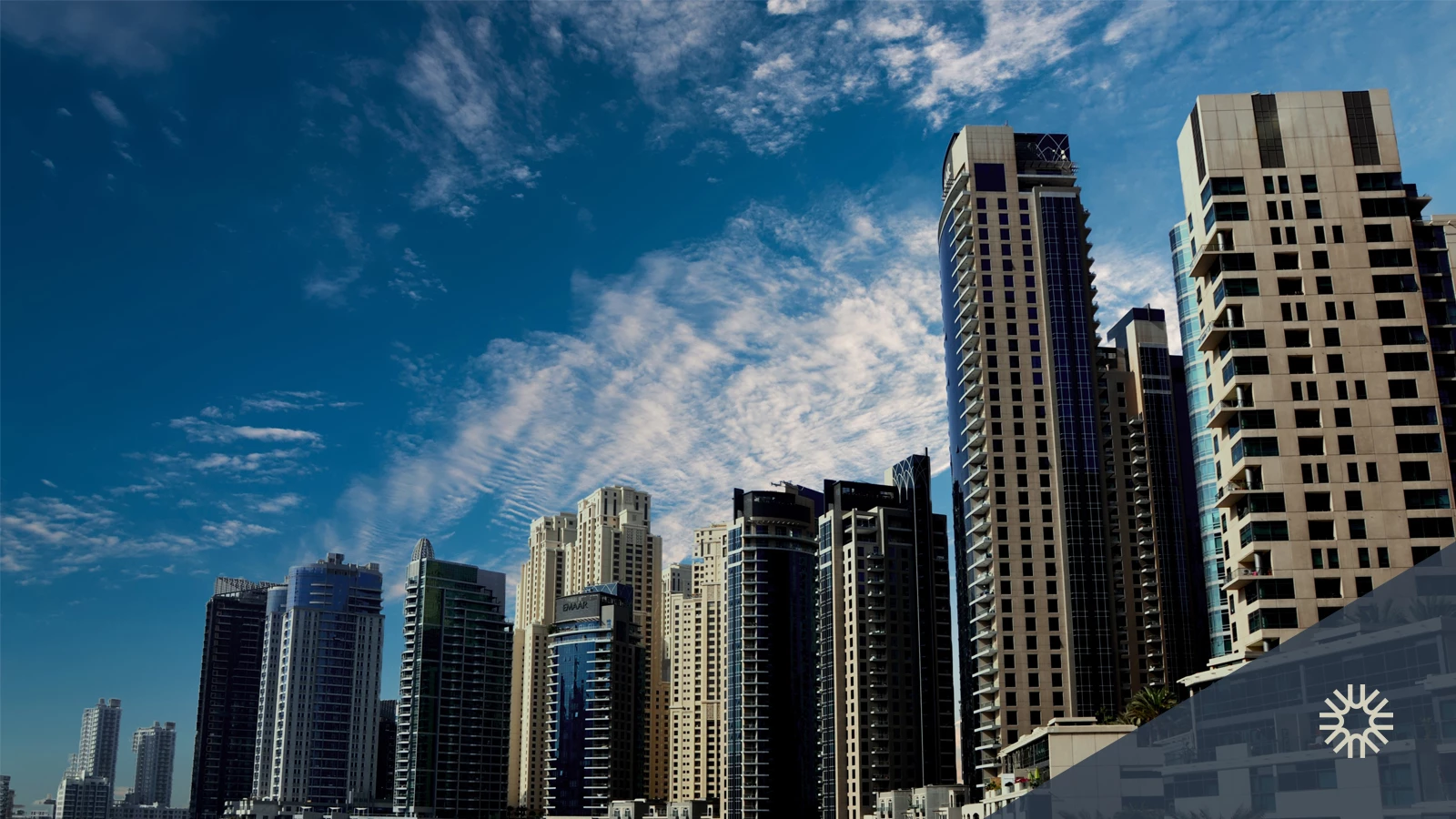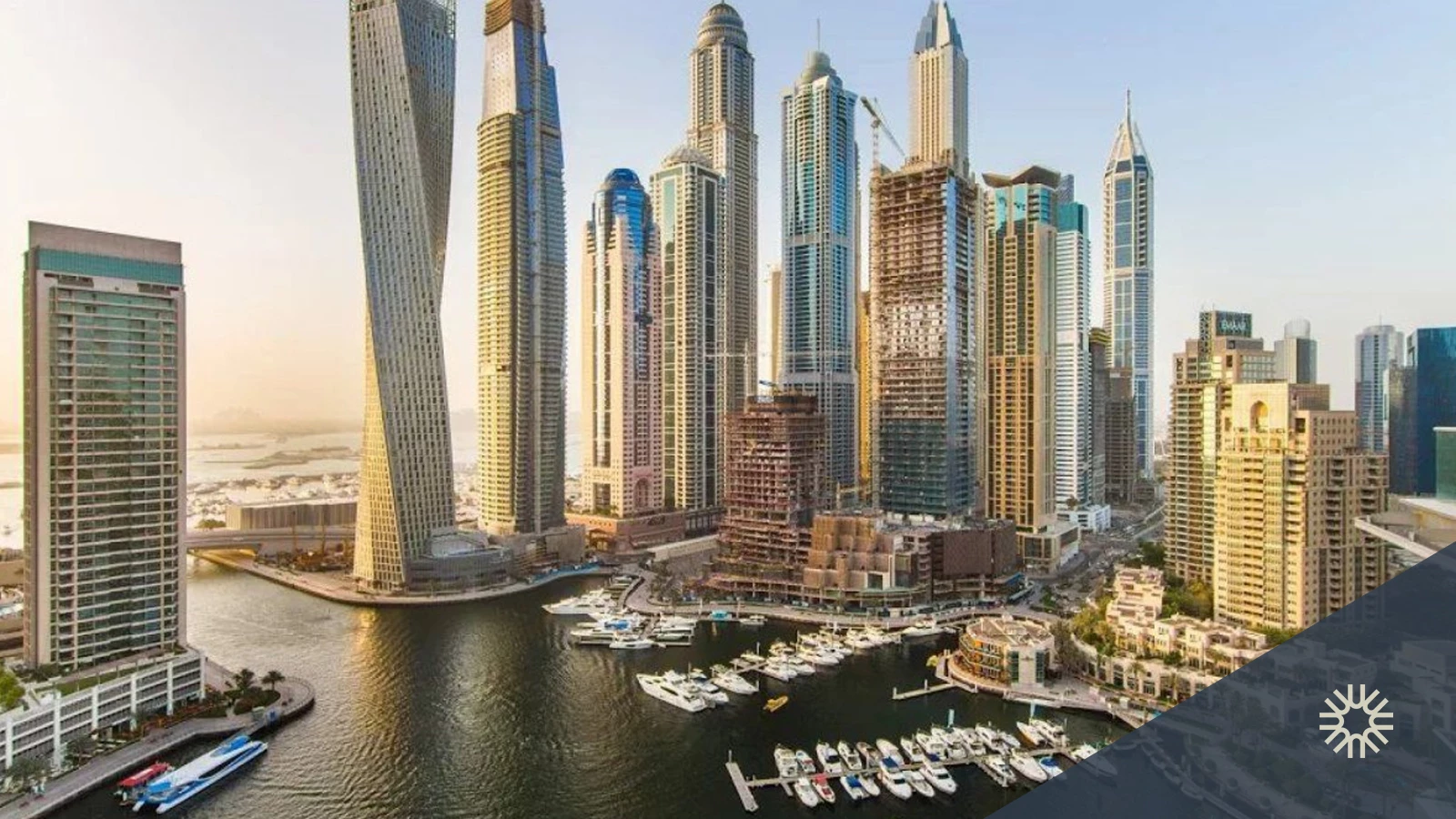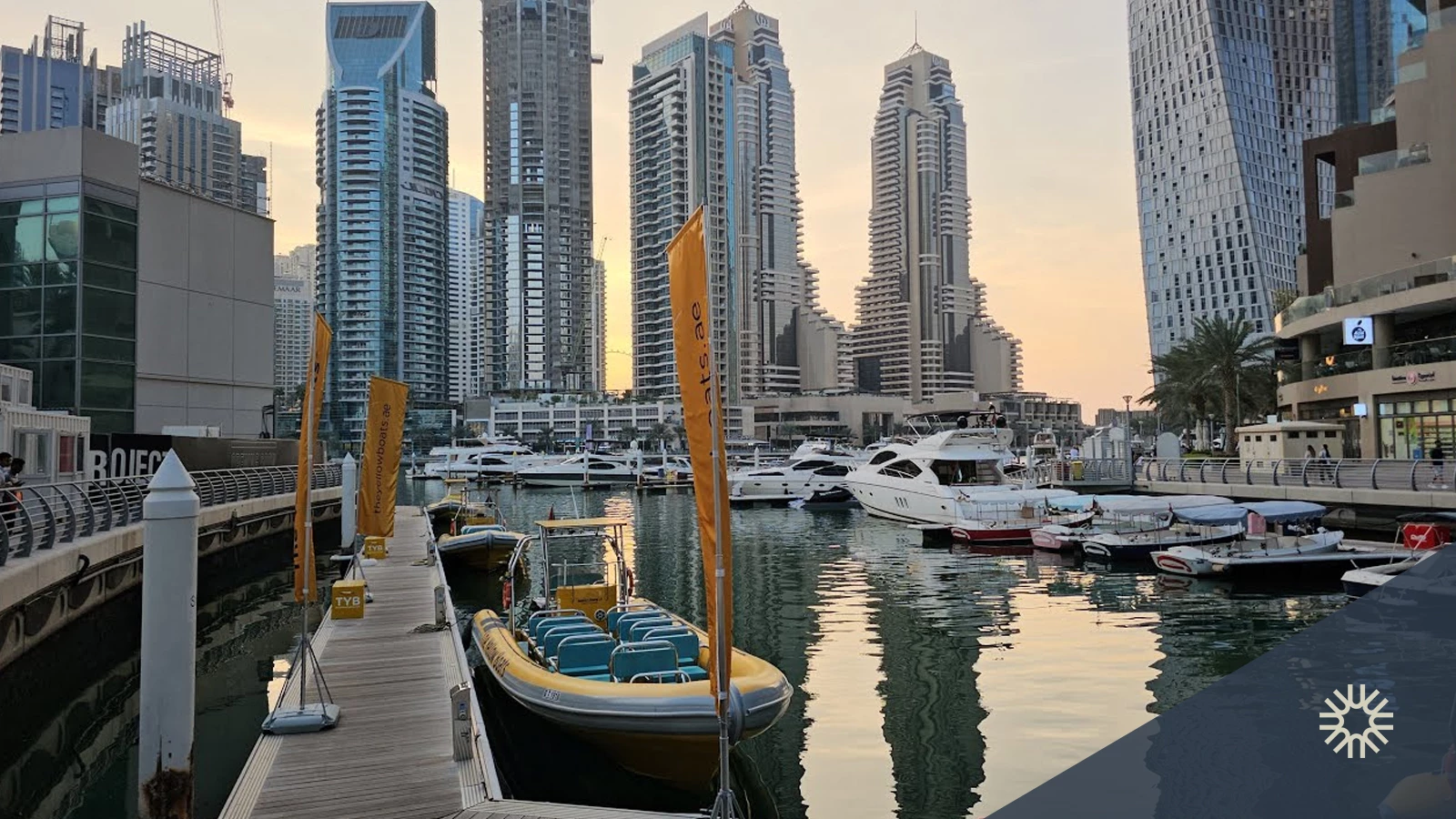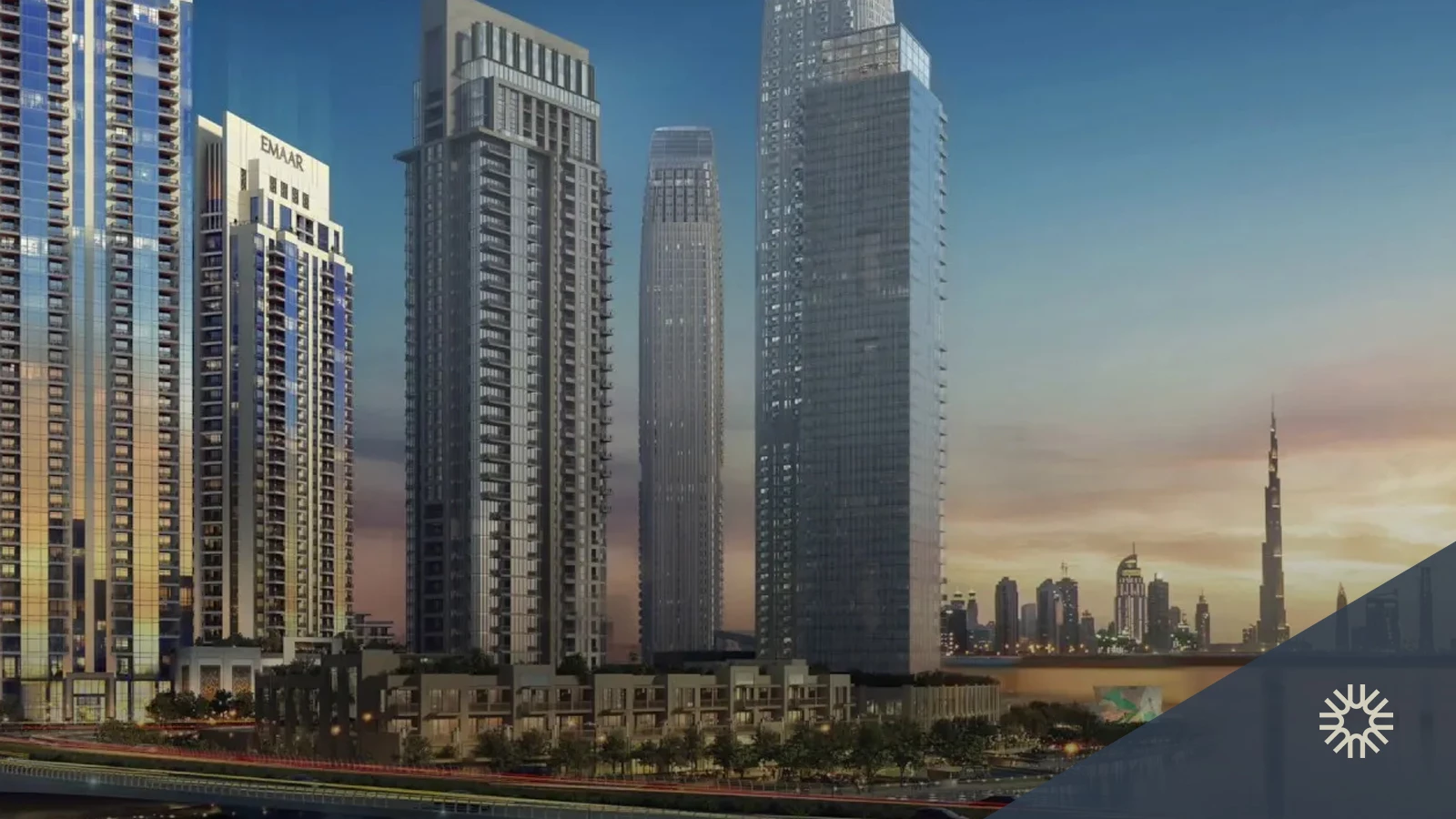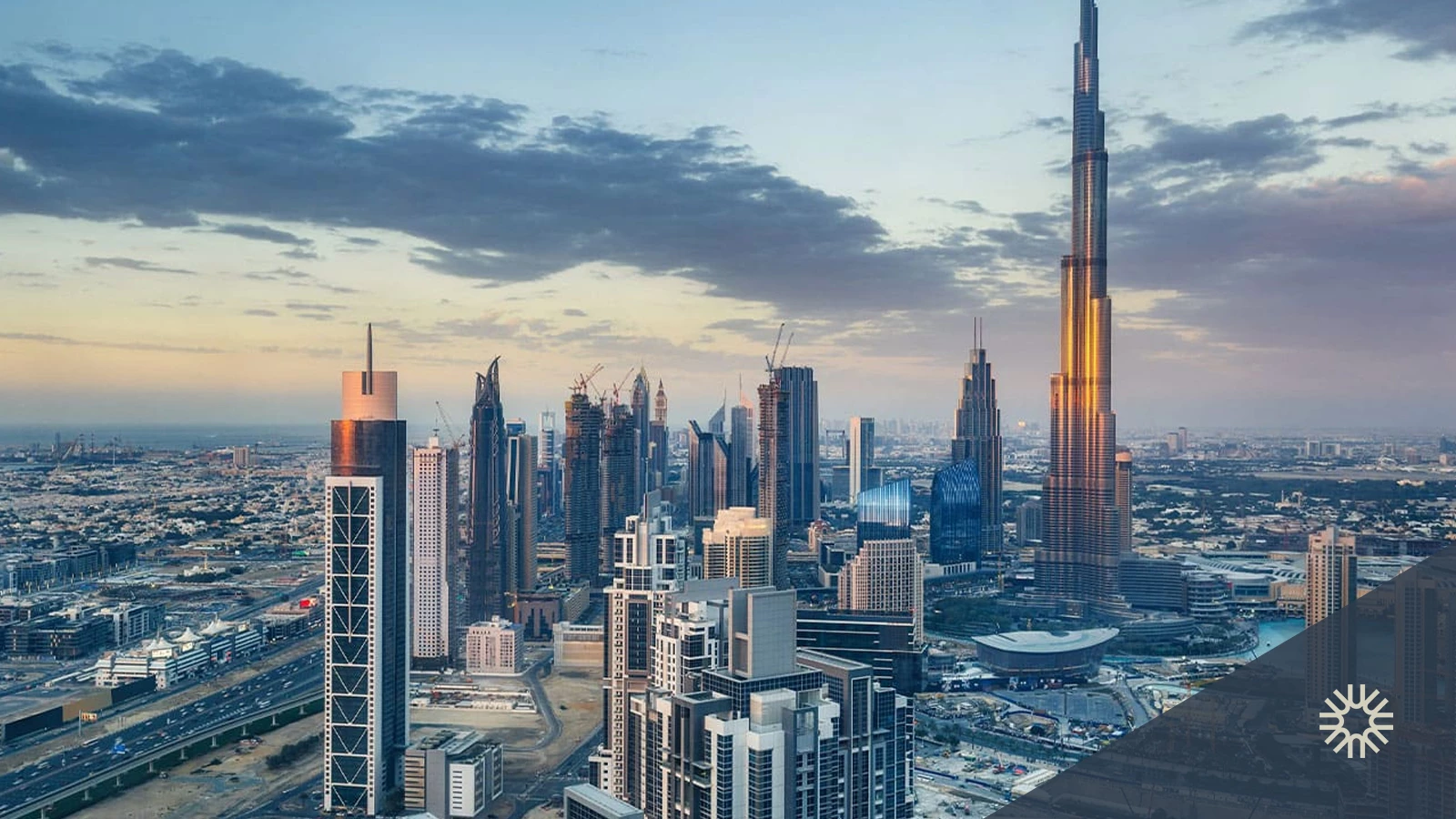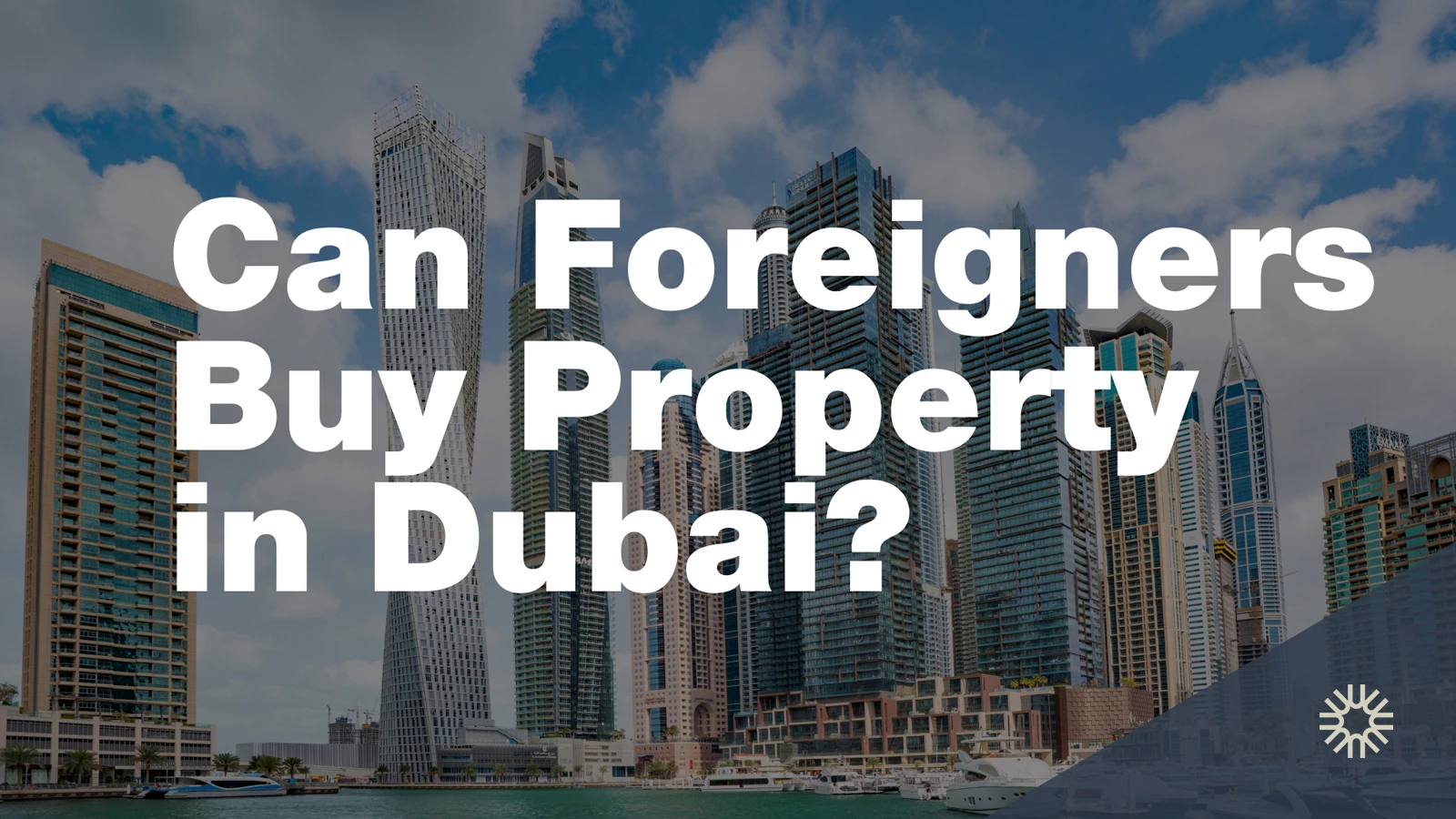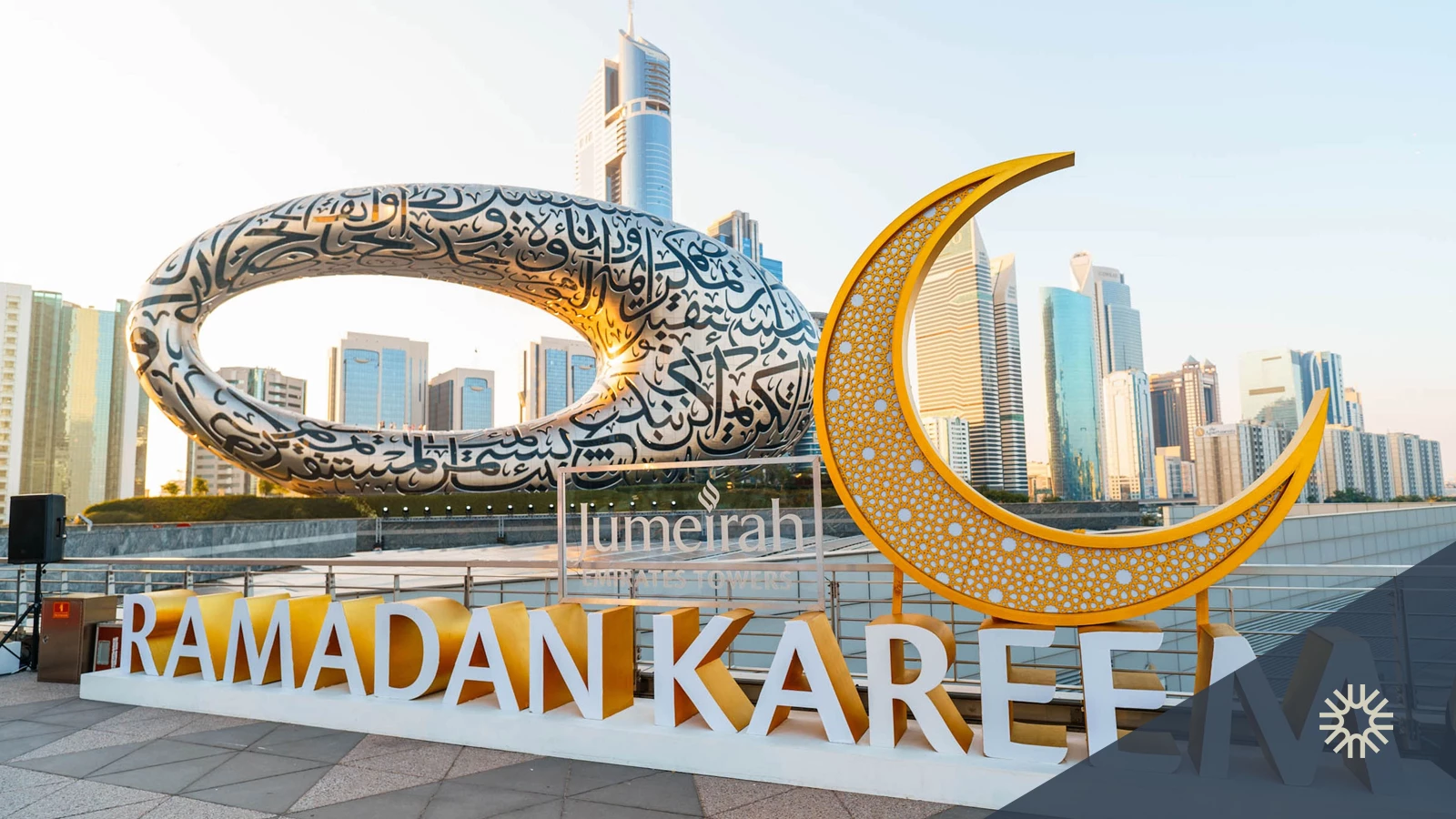The Impact of Tourism on Dubai's Real Estate Market: Short-Term Rentals and Investment Potential
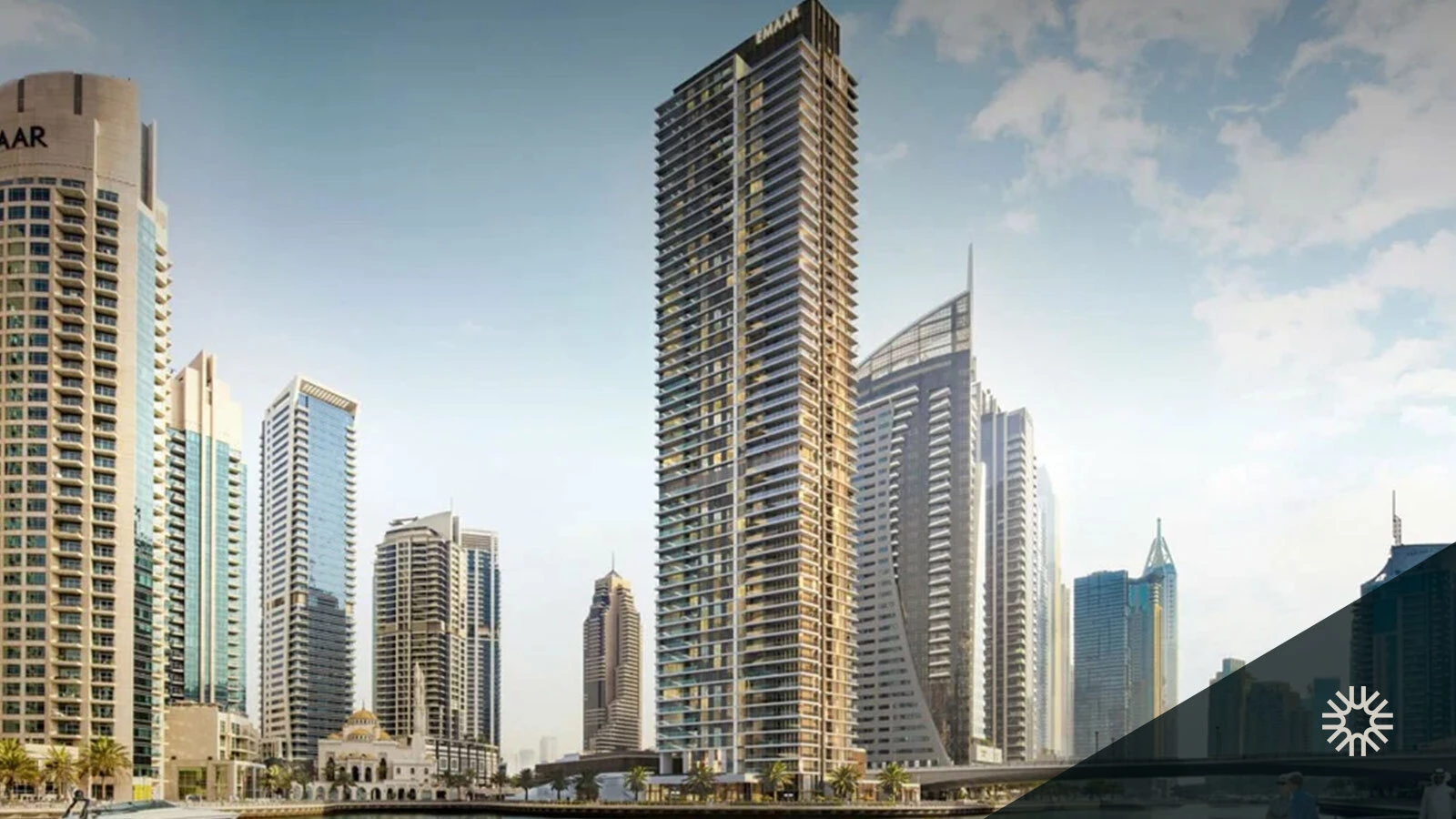
The Surge of Tourism in Dubai
Dubai has become one of the most sought-after tourist destinations in the world, attracting over 16 million visitors in 2022, a number that is projected to rise to 25 million by 2025. This growth is fueled by diverse attractions such as the Burj Khalifa, Dubai Mall, and numerous cultural experiences. The UAE government’s initiatives, such as the Dubai 2040 Urban Master Plan, aim to increase the city’s appeal and further enhance tourism infrastructure.
Tourism is a critical driver of economic growth in Dubai, contributing about 11.5% to the GDP in 2022. This has a direct correlation with the real estate market, particularly in areas favored by tourists.
The Rise of Short-Term Rentals
With the increase in tourists, the demand for short-term rental properties has surged. Platforms like Airbnb and Vrbo have become incredibly popular, providing visitors with diverse accommodation options. Recent reports indicate that short-term rental listings in Dubai grew by 52% from 2021 to 2023, with average daily rates reaching approximately AED 1,200 (around $326) in prime locations.
This boom in short-term rentals has prompted many property owners to capitalize on the lucrative market. Data shows that landlords can achieve rental yields of up to 10% in short-term rentals, compared to the traditional rental market, which offers yields around 5-7%. This has made short-term rentals an attractive investment option for both local and international investors.
Investment Potential in Dubai's Real Estate Market
The impact of tourism on Dubai's real estate market extends beyond just rental yields; it also influences property values. Reports indicate that residential property prices in Dubai rose by 7% in 2023, attributed largely to the tourism boom. Prime locations such as Dubai Marina and Downtown Dubai saw price increases of 10-15%, significantly benefiting property owners and investors.
Moreover, the UAE government has implemented favorable policies to attract foreign investment. The introduction of long-term visas for expatriates and the recent adjustment of property ownership laws have encouraged foreign investors to enter the market. In 2022 alone, foreign investment in Dubai's real estate market reached AED 83 billion (approximately $22.5 billion), a 30% increase compared to the previous year.
Challenges and Regulations
While the impact of tourism on Dubai's real estate market presents vast opportunities, it also brings challenges. The rise in short-term rentals has led to concerns about housing availability and community disruptions. In response, the Dubai government has introduced regulations to manage short-term rentals, including licensing requirements and restrictions on the number of properties that can be rented out.
According to the Dubai Tourism Authority, there were 4,200 licensed short-term rental units in the city as of mid-2023, but the aim is to ensure that these do not infringe on long-term housing availability. Property owners must navigate these regulations carefully to maintain compliance while maximizing their investment potential.
The Future Outlook
Looking forward, the future of Dubai's real estate market remains bright. The tourism sector is expected to rebound strongly post-pandemic, with significant investments in infrastructure and attractions. Events such as Expo 2025 and the 2024 World Cup further bolster Dubai's position as a global destination, likely increasing property demand.
The influx of tourists is set to stimulate the short-term rental market even more. Experts predict that the average occupancy rate for short-term rentals could reach as high as 75% in 2024, offering solid returns for investors. As such, the intersection of tourism and real estate in Dubai will continue to be a fertile ground for investment opportunities.
Conclusion
The impact of tourism on Dubai's real estate market is profound, particularly in terms of short-term rentals and investment potential. With the tourist influx steadily rising, property owners are positioned to benefit from lucrative rental yields and increasing property values. However, navigating the regulatory landscape remains crucial for investors looking to tap into this dynamic market. As Dubai continues to grow as a premier tourist destination, the real estate sector will undoubtedly thrive, making it an attractive proposition for both local and international investors.
